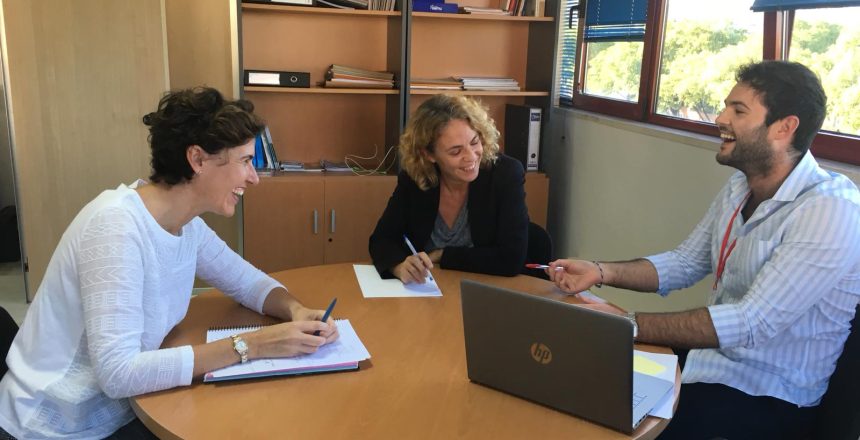How To Use The Third Conditional
Hi Guys!
Today I thought that we would have a look at the third conditional, this is something that a lot of non native speakers really struggle with and therefore neglect, which is a shame as it can make a big difference to how colloquial you sound as an English speaker.
To put it simply, we use the third conditional to talk about something that could have happened in the past that in the end didn’t happen.
So How Do We Use It?
(if + past perfect, would/could + have + past participle.)
It is often used to express regret about the past. Eg If Amy had studied harder, she would have passed the exam. So in this example, Amy could have passed her exam, however due to the fact that she did not study, this is no longer a possibility.
Alternatively we can also use negatives to talk about things that did happen in the past (if + past perfect, wouldn’t/couldn’t + have + past participle.) eg If we had cleaned that room, it wouldn’t have been messy. So in this sentence the room was messy because it hadn’t been cleaned.
Some other examples:
– If we hadn’t gone the party, we wouldn’t have met them.
– If he hadn’t taken the job, he would have gone travelling.
– If It hadn’t rained yesterday, I would have gone to the park.
– If the dog had bitten me, I would have gone to the doctors.
– If I had started singing earlier, I could have become famous.
– If I hadn’t found a new job, I would still be living in London.
– If that hadn’t been a funny joke, I wouldn’t have laughed.
– If the Tv hadn’t been broken they wouldn’t have been bored.
– If Sam had gotten up early, he wouldn’t have been late for class.
So go ahead and give using the third conditional a go. If you have any questions please leave a comment below!
If you missed our last blog post on how to use ‘about to’ you can find it here.












